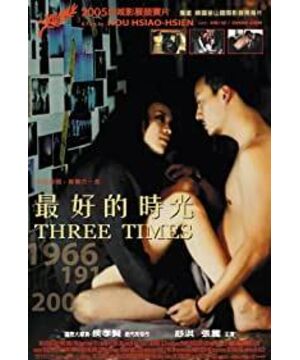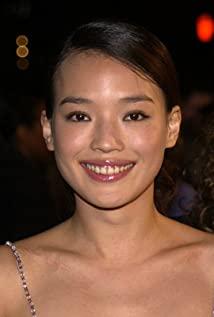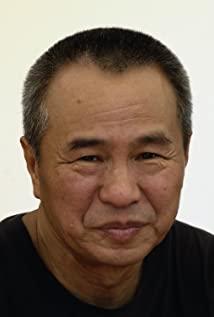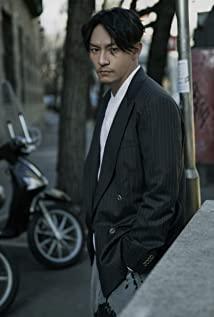In 1911, Mr. Liang said that China would not be able to break away from Japanese control for 30 years. The story of a woman who is "head of the house" in Chunlou because of a man with a new school of thought. Hou Hsiao-hsien didn't even need dialogue, only the mouth shape of the dialogue and the subtitles of the dialogue. In this 40-minute section, there is only music and no words. The peculiarity of that subtitle is the delay. First look at the silent changes of lips and teeth of the characters, and then a screen of text appears like a newspaper, often just a sentence.
Brother said, this is the director's big name. Knowing that it is a waste, the producer can't say anything.
I felt that even though I didn't hear them speaking, those static words seemed to have voices. "What about my life?" He bowed his head silently, as if thinking. She expected it, she wiped her tears lightly, and turned around to be a good color again. He never seemed to have said anything about her. He just said that he learned from Mr. Liang, and he said that he was moved by Mr. Liang's speech. After he wrote a letter about worrying about the country and the people, I always thought that there should be one or two words of tenderness.
"Knowing that this is sad, I also went to Weizhou to come back. There are many things in the seventeen years, and the late Tao downstairs in Chunfan mourns." He quoted Mr. Liang's poem, and it ended.
She is not incapable of understanding her own destiny. Her forbearance and temptation are easy to understand. Because she couldn't help but bear it, and couldn't be silent to the end. The little girl who could have succeeded her as the "head of the house" became pregnant and was taken over by Chazhuang Xiaokai as a concubine. He did a good job in it and gave 100 ransoms. He has a new school of thought, and has published several public documents advocating the prohibition of concubinage. But for the little sister, he felt that "the boat is done" and it should be done. "What about my life?" That time, she didn't say it.
He must have thought about it. she knows. He did not go against his own position. Although there was no explanation from beginning to end, he must have a wife and children in his family. The contradictions of the times cannot be solved by the individuals in them by themselves. To put it bluntly, it is unreasonable to kill concubines and save prostitutes. In retrospect, it was also his fault. Since he wanted to break the old ways, why did he linger in such a place? Therefore, some things are not afraid of not being able to be thought of, but they are afraid of not being able to think thoroughly;
Freedom is a dream, an emptiness. In this sense, the "dream" referred to by the 2005 Youth Dream is different, with the taste of blur and emptiness. This is my least favorite passage, the dark tone reminds me of Annie's text, which is somewhat contradictory. It is empty to have a good body without being healthy.
I don't know the origin of the dream of love. I like the last set of shots. Simple and youthful. He missed the time to return to the barracks as he traveled from town to town in Taiwan looking for her whereabouts. There is very little dialogue and a shallow smile. He gently pulled her hand. It was a rainy roadside in 1966.
The best time, the first paragraph is grasped, the second paragraph is let down, and the third paragraph is submerged.
View more about Three Times reviews









